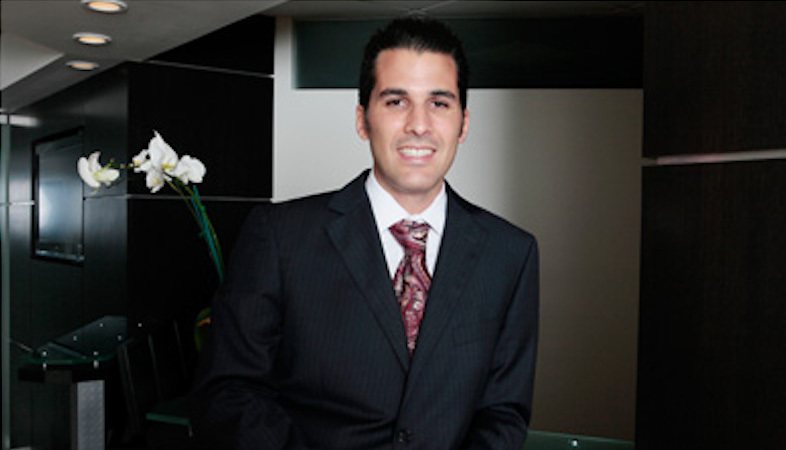
A Florida physician is back at home with his family thanks to a drug he received through Expanded Access Protocol (EAP).
A drug known as RLF-100 or aviptadil has been helping critically ill patients with COVID-19 and has shown promising results.
Dr. Ronny Aquinin at Mt. Sinai in Miami Beach said the 47-year-old physician contracted COVID-19 and spent time on a regular floor before he was moved to the Intensive Care Unit (ICU). Before ICU, he had been exposed to all of the standard COVID-19 treatments.
“He basically got in addition to (the standard treatments) something called Tocilizumab, he failed to improve and he was required to go on a ventilator and be transferred to ICU,” Aquinin said in an interview with Patient Daily.
After being in ICU for four weeks and despite best practices, he still had not improved.
“Three weeks into his ICU stay we had become aware of this drug that was making some headlines because (as opposed) to some other experimental treatments that were being tried, most of them were being tried prior to a patient requiring a ventilator, none (at that point) were available for patients already on a ventilator.”
Aquinin said the drug had a goal of decreasing time on a ventilator or ECMO.
“This was to decrease mortality in patients who already had advanced disease,” Aquinin said. “At least then, nothing on the market had that premise.”
Aquinin contacted the company and they found out about a trial for the drug and were able to receive the drug through an EAP for the patient without enrolling the patient in the actual trial.
The drug is an infusion that runs for 12 hours for three consecutive days and then if the patient is improving, the drug can be run again for another three days.
“A good number of patients that are on respiratory support for four weeks tend to develop something called fibrosis,” Aquinin said. “Fibrosis is described as stiff lungs, so no matter how much air you infuse, the lungs don’t expand. Those are irreversible changes, so when somebody develops pulmonary fibrosis it’s a bad sign. It basically means if they make it, they’re going to remain oxygen-dependent and have a real poor quality of life.”
Aquinin said many diseases can end with pulmonary fibrosis, including COVID-19 and pneumonia.
“Our fear with this patient was that we all thought that four weeks into heavy support whether he makes it or does not make it, he will walk away with pulmonary fibrosis and lead a poor quality of life and that was difficult for us,” Aquinin said. “Exposure to this drug was what we had hoped would maybe prevent the development of fibrosis, but we really did not know.”
Aquinin said the patient was transferred to Shands as a hopeful lung transplant candidate two days later, however, he did not end up needing the lung transplant.
Aquinin said three weeks later, after being on ECMO, the patient was weaned off of ECMO and he ended up not needing the transplant.
“It was miraculous,” Aquinin said.
Aquinin said the patient was then brought back to Mt. Sinai for several weeks before going home to his family and is now living a normal life.
“He should have had fibrosis and he should have had walked away, if alive, on oxygen the rest of his life,” Aquinin said.
Aquinin said this drug made the difference for his patient.
“It’s just one more modality that shows promise and I think if Congress gets a little better at expanded access I think its use earlier on is going to be an amazing tool,” Aquinin said.